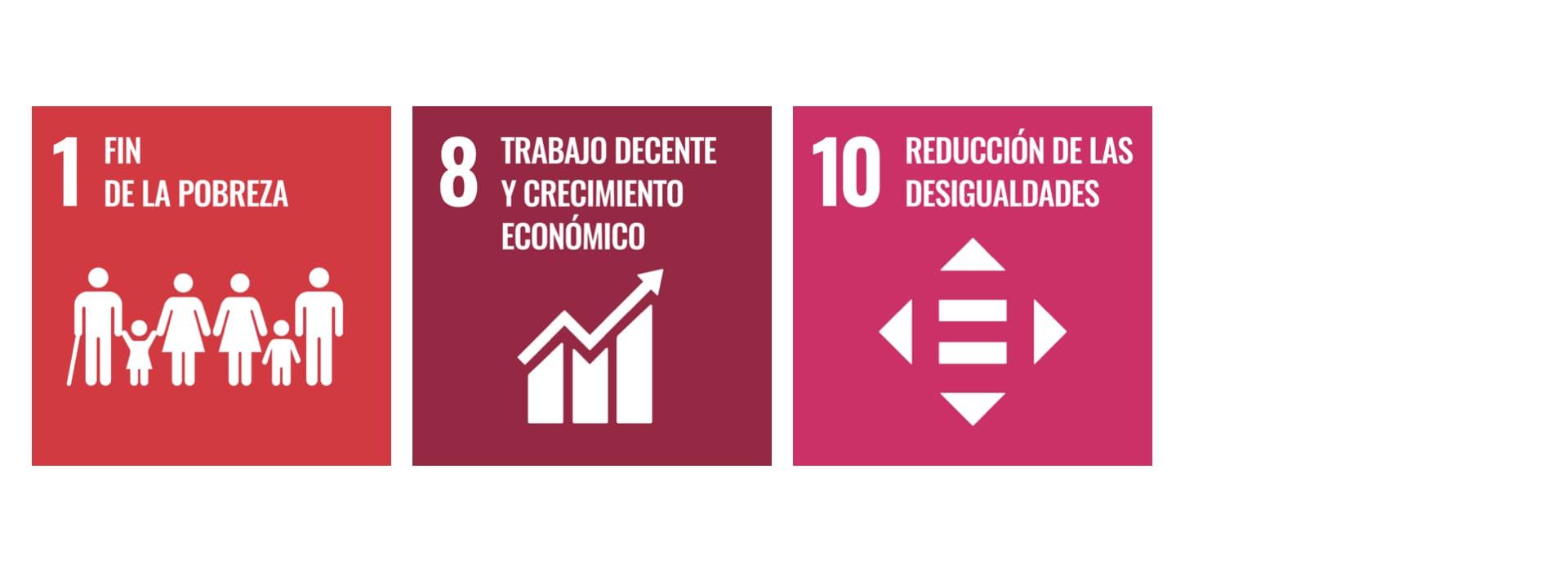
- About UPF-BSM
- Programs
- Faculty and research
- Companies and Organizations
- News & Events
Economic efficiency meets social efficiency
18 Enero - 2022
Tomàs Rubió
Lecturer of the Master in Human Resources Management
__
Spain is the country whose economic performance is being most affected by the pandemic among the twenty-three most developed countries, according to The Economist. The 6% loss in GDP and a runaway inflation rate of 6.7 –above the Eurozone average– force us to take a closer look at the situation.
Our production system has significant inefficiencies and, when a crisis such as the current one arises, it punishes us even more severely
From labor perspective, a first approximation indicates that Spain does not have sufficiently solid and diversified productive structure as others, and this impacts our capacity to adapt the innumerable changes that have appeared. That Spanish productive system has significant inefficiencies is not news, nor is it news that when a crisis arises, it punishes us with greater force. As on previous occasions, Spanish economic and social structure means that recovery from crises also comes later.
European grants
Brussels has conditioned the aid that Spain has planned (70,000 million euros, which can be extended with credits up to 140,000 million euros) on a series of reforms aimed at updating the productive system. Directly, the concession of the Next Generation EU funds requires, in the labor field, aspects such as reducing the excess of temporary employment and unemployment; the sustainability of pensions; the training of workers; the promotion of young people, etc.
Despite the fact that employment data for 2021 places it at pre-pandemic levels, anomalies continue to dominate the panorama in Spain. We refer mainly to the high rates of unemployment and temporary employment. Current unemployment is above 14% –which is double the European average– and temporary contracts are also double the EU figures: 20% in Spain versus 11% European average.
The Next Generation EU funds require reducing temporary unemployment, pension sustainability, worker training and youth promotion
We are facing an opportunity to improve the lives of workers (social efficiency) through the recent agreement between the government and the social partners (employers and unions), who have agreed to address some structural imbalances in the labor market, a direct consequence of the application of neoliberal formulas carried out by the Spanish conservative government in 2012.
Progress on labor reform
What has now been agreed upon –contained in Decree Law 32/2021 and which could end up being passed into law– does not consist of the repeal of that labor reform, which provoked a general strike, since the employers maintain the power to change the substantial working conditions, flexibilization and freedom of enterprise (economic efficiency). But this new agreement is more in line with a social balance of employment stability, so necessary for families and young people.
The priority of application of the company agreement is maintained, preventing it from worsening in the key aspects of salary and working hours. Thus, those companies that can adapt to favorable situations will be able to offer workers better conditions and continue to attract talent without leaving the rest of the workforce below the minimum agreed by the sector agreement. In this way, sectoral agreements will maintain minimum conditions in the sector.
The agreement now reached between the Spanish government and the social partners seeks to leave behind the idea that low wages due to temporary employment are a factor of competitiveness
With respect to hiring, indefinite-term contracts will be based on ordinary contracts and temporary contracts must be motivated by substitution or circumstances of production or fluctuations in demand. They may not have a duration of more than six or twelve months, depending on the agreement. In short, it is a question of leaving behind the idea that low wages facilitated by temporary employment are a factor of competitiveness. The key variable is productivity, which, on the other hand, must be improved in other ways in order to make the system more competitive.
The future of "ERTE"
Another important element agreed will be the functioning of the new "ERTE", the mechanism to avoid layoffs in companies in crisis, which will have important exemptions of contributions per worker. These are the so-called "RED Flexibility Mechanism", with two typologies.
On the one hand, it will be used to deal with temporary force majeure situations of macroeconomic origin and delicate situations (a pandemic, a flood or the activation of a volcano, to cite current causes) and, on the other hand, it will be aimed at sectors that are subject to impediments or limitations of activity, transition needs and retraining of their personnel (closure of services to prevent the spread of the Omicron variant, for example). However, in order to be eligible for exemption from social security contributions, companies must meet two conditions: they must train their workers and keep them in their jobs for up to six months afterwards.
Economic efficiency (competitiveness) and social efficiency (labor protection) must be combined at the same time to address the inequalities experienced in the productive structures
It is very good news in times of crisis that the predisposition to dialogue is reflected in a balanced regulation for all the players and that it is not the legislative power that decides on its own, as happened in the past. Economic efficiency (competitiveness) and social efficiency (laboral protection) must be able to be combined at the same time, as anticipated by the McKinsey Global Institute, which, in February 2020, published a report on the need to formalize a new "social contract" to address the inequalities experienced in production structures.
